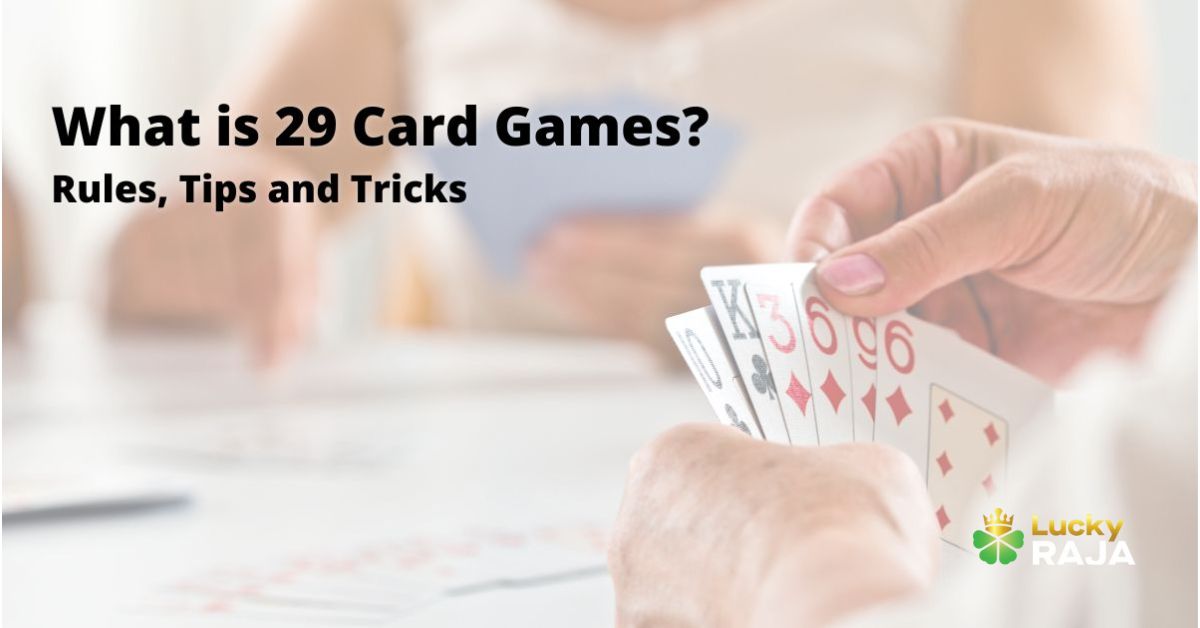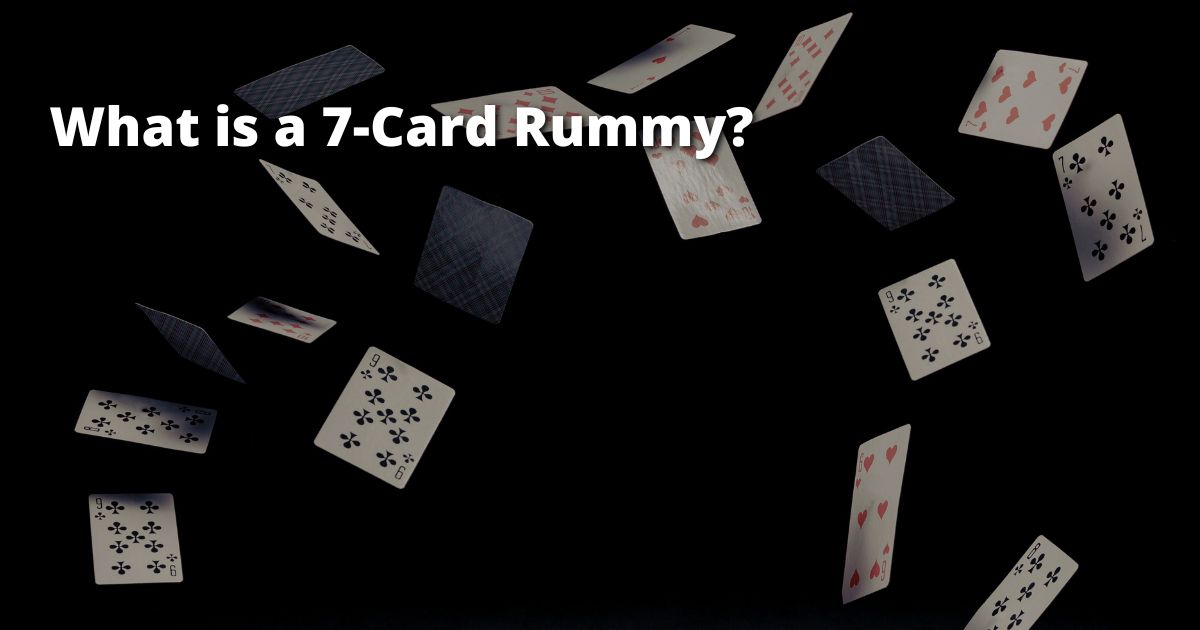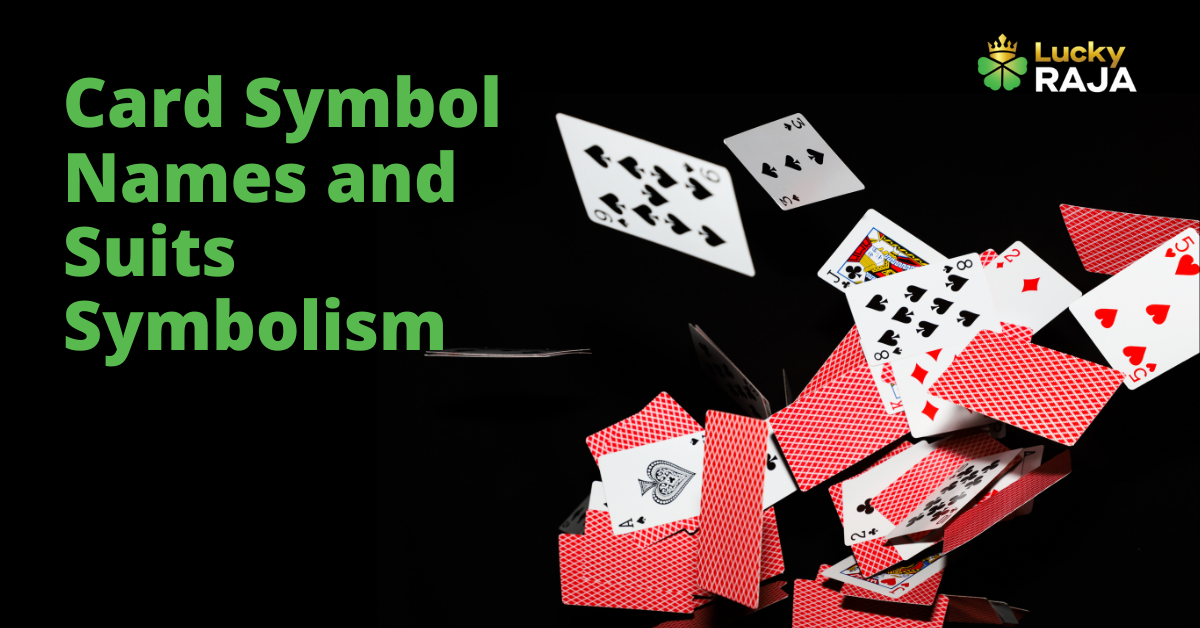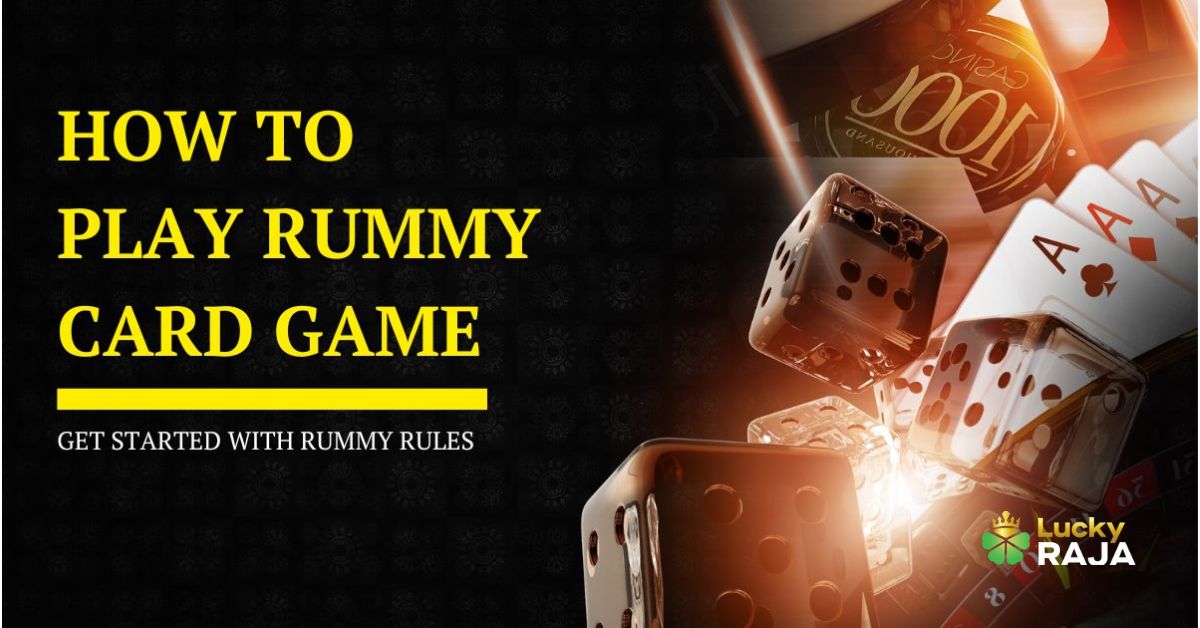The online bluff poker game, also known as Cheat and I Doubt It, is a game of deception where players try to outsmart their opponents by lying about their cards. While this online game may seem simple, mastering it can be quite a challenge. To become a skilled bluffer, you need to be convincing enough to avoid raising suspicion from your opponents. A single slip-up, like a nervous laugh or a telltale twitch, could mean getting caught with your hand in the cookie jar, and in this game, that means taking the entire discard pile!
Before you even think about bluffing, you need to understand the name of the game: getting rid of all your cards. There are two main ways to do this:
- Bluffing: This is the art of making your opponents believe you have a stronger hand than you actually do. It's about calculated risks and reading your opponents' reactions.
- Truth-telling: Sometimes, honesty is the best policy. If you have a strong hand, you can play it straight and hope your opponents fold.
The beauty of Bluff lies in its simplicity and social nature. It's a game that can be enjoyed by people of all ages and backgrounds. However, don't let the straightforward rules fool you; beneath the surface lies a game of deep strategy, psychology, and risk-taking.
Just like any game worth playing, Bluff has a set of rules that keep things fair and interesting. Here's a breakdown of the key rules to get you started:
- Dealing: Each player receives an equal number of cards, usually from a standard 52-card deck. The number of cards dealt depends on the number of players.
- First Player: The player with the lowest card (or highest, depending on the variation) usually starts the game.
- Playing Cards: Players take turns discarding cards face-down, announcing the rank of the cards they are playing. For example, a player might discard two cards and say, Two Queens.
- Challenging (Calling a Bluff): If a player suspects another player is lying about their cards, they can challenge the play by saying Bluff!
- Revealing Cards: When a bluff is called, the player who discarded the cards must reveal them. If they were lying, they take the entire discard pile. If they were telling the truth, the challenger takes the pile.
- Winning: The first player to get rid of all their cards wins the round.
- Jokers: Jokers are often used as wildcards, which can be any card the player chooses.
- Variations: Like many card games, Bluff has regional variations. Some versions may have slightly different rules, so it's always a good idea to clarify with your fellow players before starting.
At its core, Bluff is a game about deception and outsmarting your opponents. It's about reading their body language, analysing their betting patterns, and using that information to your advantage.
Here's a deeper look at the game's objectives:
- Get Rid of Your Cards: The most obvious goal is to be the first player to empty your hand. This can be achieved through a combination of bluffing, truth-telling, and a bit of luck.
- Outsmart Your Opponents: Bluff is as much about psychology as it is about cards. The ability to read your opponents and predict their moves is crucial for success. Are they confident in their hand, or are they trying to pull a fast one?
- Master the Art of Deception: Bluffing is not just about lying; it's about creating an illusion. A skilled bluffer knows how to project confidence, even when holding a weak hand.
The beauty of Bluff, like many card games steeped in tradition, is its adaptability. While the core concept remains the same – get rid of your cards by hook or by crook – players around the world have added their own twists and turns to the game, creating a vibrant tapestry of variations. Let's explore some of these fascinating offshoots:
- Mogeln (Germany/Austria):
- Meaning: The name itself speaks volumes. Mogeln, along with its synonyms Schwindeln, Lugen, or Zweifeln, all translate to deceit, fraud, lies, and mistrust. It's a clear warning to players: tread carefully, for deception lurks around every corner.
- Gameplay: The rules closely mirror the original Bluff, with each player receiving an equal number of cards. However, any extra cards are placed face-up on the table, adding an intriguing element of shared knowledge and strategic consideration.
- Ne Verish' Verish' (Russia):
- Meaning: This Russian variant, translating to Trust, Don't Trust, perfectly encapsulates the game's core dilemma. It's a constant mental tug-of-war between trusting your instincts and suspecting the worst of your fellow players.
- Gameplay: The number of cards used depends on the player count. Two to three players use half a deck (36 cards), while four or more players enjoy the full 52-card deck. An exciting twist is the face-down card placed in the centre at the beginning, adding a layer of mystery and potential for strategic plays.
- China:
- Origins: This relaxed and simplified version hails from Fujian Province in China. It's also known as lying or boasting, further emphasising the game's focus on cunning wordplay and strategic deception.
- Gameplay: This variation is known for its loose rules and fast-paced action. Players can discard any number of matching cards, making for some potentially game-changing turns. There are no restrictions on the rank of cards that can be discarded, adding an element of unpredictability.
Mastering the art of bluffing in card games is a combination of strategy, intuition, and a dash of theatrical flair. While luck plays a role, it's the skillful players who consistently come out on top in Bluff. Here are some tried-and-true strategies to elevate your game from amateur to artful dodger:
- The Stone-Cold Stare: Avoid fidgeting, excessive blinking, or telltale micro-expressions that might betray your hand. Practice maintaining a neutral expression, even when you're holding a treasure trove of high cards.
- The Art of Misdirection: Sometimes, a well-placed yawn or a seemingly casual glance away from the game can throw your opponents off the scent. Just be careful not to overdo it and appear too calculated.
- Early Game Boldness: In the early stages, when the discard pile is small, it's often advantageous to be bold with your bluffs. Opponents are less likely to risk calling you out when the stakes are low.
- Late Game Caution: As the game progresses and the discard pile grows, be more cautious with your bluffs. The risk of getting caught and taking a mountain of cards increases substantially.
- Recognize Strong Hands: If you're dealt a strong hand, don't be afraid to play it straight. Sometimes, the best bluff is no bluff at all. Let your opponents do the guessing while you rake in the cards.
- The Calculated Risk: Bluffing is most effective when your opponents have a reason to believe you. If you've been playing conservatively, a sudden burst of aggression with a well-timed bluff can pay off handsomely.
- The Tell-Tale Signs: Pay close attention to your opponents' betting patterns and body language. Do they tend to bluff often? Do they get nervous when they have a weak hand?
- Exploit Their Weaknesses: Once you've identified your opponents' tendencies, adjust your strategy accordingly. If you have a read on a player who folds easily, don't be afraid to apply the pressure with a well-placed bluff.
- Mix Up Your Play: The key to successful bluffing is unpredictability. If you become too predictable in your betting patterns, your opponents will catch on quickly.
- The Bluff-Catch: Sometimes, the best way to beat a bluff is to call it. If you have a strong suspicion that an opponent is trying to pull a fast one, don't be afraid to put them to the test.
Remember, bluffing is an art form, and like any art, it takes practice, patience, and a willingness to experiment. So, gather your courage, sharpen your wits, and get ready to experience the thrilling world of Bluff!
While the classic game of Bluff provides endless entertainment, exploring its diverse variations can add a new layer of excitement and challenge to your card-playing experience. Here are some intriguing modifications that twist the traditional rules and introduce unique strategic elements:
- The Name Says It All: In this streamlined version, players can only discard one card at a time. This seemingly small change significantly impacts the game's dynamics, demanding a heightened focus on observation and strategic bluffing.
- Heightened Stakes: With fewer cards in play, each discard carries more weight. A single well-timed bluff can completely shift the game's momentum.
- Matching the Flow: This variation introduces a rule where players can only discard cards of the same rank as the previous discard. For example, if the last card played was a King, all subsequent players must also discard Kings (or bluff accordingly).
- Strategic Card Management: This variation forces players to think several steps ahead. Holding back a crucial card might seem like a good idea, but it could leave you stuck if the rank restriction changes.
- Raising the Stakes: This variation allows players to challenge multiple cards in a single discard pile. For example, if a player discards three cards claiming they are all Jacks, an opponent can challenge all three cards.
- High Risk, High Reward: While this variation introduces an element of uncertainty, it also presents opportunities for big wins (and losses). Correctly calling out a multi-card bluff can quickly deplete your opponent's hand.
- Into the Unknown: In this daring variation, players discard their cards face-down without announcing their rank. This adds a whole new level of uncertainty and psychological warfare to the game.
- Trust Your Gut: With limited information available, players must rely on their intuition, their opponents' betting patterns, and a healthy dose of luck to succeed in Blind Bluff.
Different Games, Different Strategies: While both poker and Bluff involve elements of deception, they are distinct games with different rules and strategies.
Poker's Betting System: Poker relies heavily on a betting system, where players wager on the strength of their hands. Bluffing in poker is about manipulating the pot size and forcing opponents to make decisions based on incomplete information.
Bluff's Direct Approach: Bluff, on the other hand, is a more direct confrontation of deception. Players directly lie about their cards, and the challenge is to call out those lies or successfully perpetuate them.
It's More Than Just Lying: Winning at bluffing isn't just about being a good liar; it's about understanding the psychology of deception.
Key Elements of a Successful Bluff:
Reading Your Opponents: Pay attention to their betting patterns, body language, and any tells that might reveal the strength of their hand.
Timing is Everything: A well-timed bluff, especially when your opponents are unsure of themselves, can be devastatingly effective.
Projecting Confidence: Even if you're holding a weak hand, project an aura of confidence. Make your opponents believe you have something special.
The Unpredictable Nature of Games: Unfortunately, there's no guaranteed path to victory in any card game, including Bluff. The element of luck always plays a role.
Mastering the Game: However, you can significantly increase your chances of winning by honing your bluffing skills, studying your opponents, and adapting your strategy as the game progresses.
The Universal Language of Cards: Card games often transcend language barriers. While the terminology might vary, the basic rules and concepts of Bluff remain the same, regardless of the language spoken.
Online Platforms: Many online platforms and mobile apps offer Bluff in multiple languages, including Hindi. This makes it easy to enjoy the game with friends and family, regardless of their preferred language.


__1737554168-0.jpg)

















